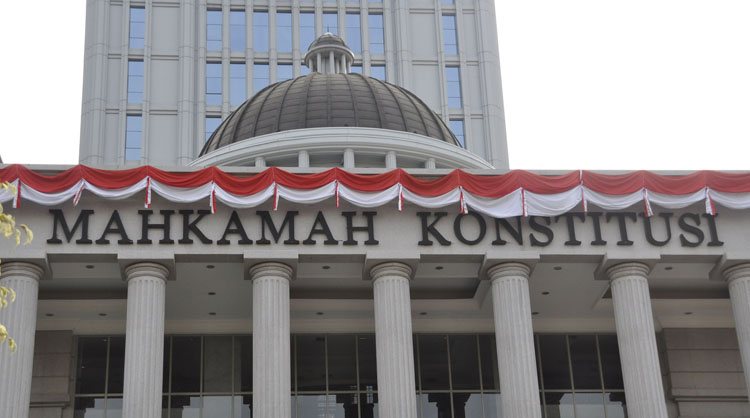Responding to the Constitutional Court ruling declaring three articles on defamation unconstitutional, Deputy Director of Amnesty International Indonesia Wirya Adiwena said:
“We welcome this landmark ruling declaring the three articles on defamation as unconstitutional. These are Article 14 and Article 15 of Law No. 1/1946 on Criminal Law Regulation, as well as Article 310 Paragraph (1) of the Criminal Code.
“This momentous decision by the Court marks a significant step forward for human rights including the right to freedom of expression and media freedom in Indonesia.
“It reaffirms the universal principle that any restrictions on the right to freedom of expression must be narrowly construed and meet the three-part test of legality, proportionality, and necessity.
“It also sets a positive precedent for civil society in Indonesia and may help to advance the work of human rights defenders and activists who advocate for justice in the country.
“We urge the Indonesian authorities to immediately and effectively enforce and implement the decision of the Court and to take further steps to protect and promote human rights including the right to freedom of expression and media freedom and promote a culture of open dialogue and constructive criticism in the country.
“Indonesian defamation laws must be brought into line with international human rights standards as a matter of urgency.”
Background
The Indonesian Constitutional Court on Thursday (21/03) acceded to certain petitions presented by human rights advocates Haris Azhar and Fatiah Maulidiyanti, the Indonesian Legal Aid Foundation (YLBHI), and the Independent Journalists Alliance (AJI) to repeal certain defamation-related articles. Specifically, these are Article 14 and Article 15 of Law No. 1/1946 on Criminal Law Regulation, as well as Article 310 Paragraph (1) of the Criminal Code.
The Court stated that those articles are contrary to the 1945 Constitution of the Republic of Indonesia and have no binding legal force. According to the petitioners, those articles can silence criticism and undermine the rule of law.
However, the court declined to grant the request put forth by the petitioners for the repeal of other articles, including Article 27 Paragraph (3) and Article 45 Paragraph (3) of Law No. 9/2016 on Electronic Information and Transactions (EIT).
During the hearing chaired by Constitutional Court Chairman Suhartoyo, some requests were granted, particularly those concerning Criminal Law and the Criminal Code. However, the review of two articles of the EIT Law was rejected due to the Law becoming obsolete following its revision and the enactment of new regulations on 2 January 2024.
In 2023, Amnesty International Indonesia documented at least 55 victims from 49 incidents of misusing the EIT Law, which criminalizes online expression, curbing human rights including the right to freedom of expression and media freedom. These victims encompassed human rights defenders, activists, journalists, and academics, many of whom faced defamation allegations primarily due to police cyber patrols.

